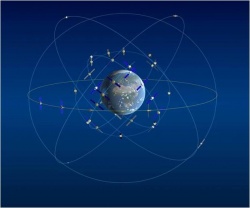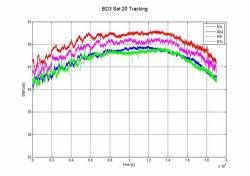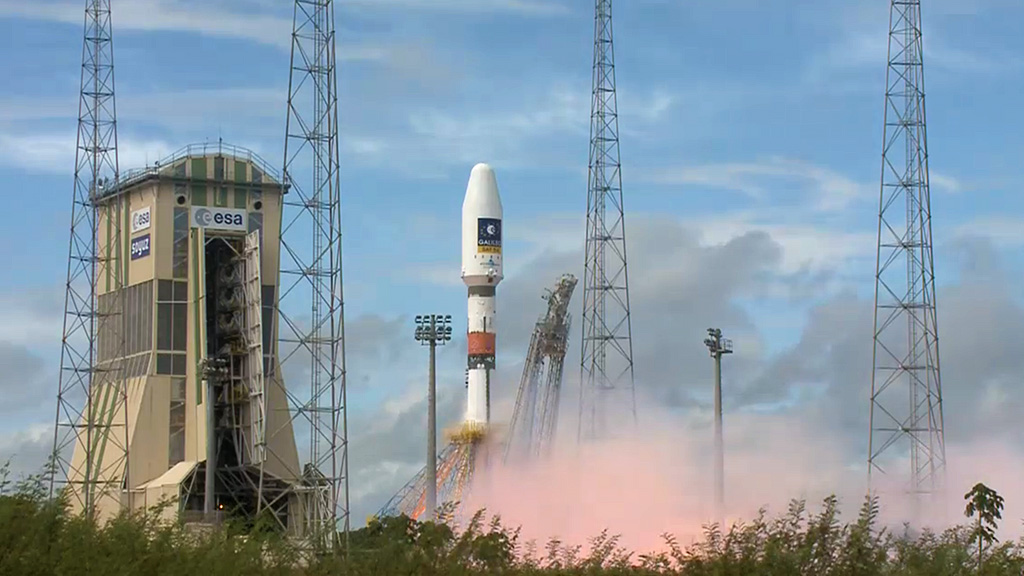A BeiDou continuously operating reference station (CORS) station, reportedly the first such commercial venture in Europe, has begun operations in Wallonia, Belgium.
A BeiDou continuously operating reference station (CORS) station, reportedly the first such commercial venture in Europe, has begun operations in Wallonia, Belgium.
Built by CGEOS – Creative Geosensing (CGEOS), an engineering geodesy consulting firm based in Mont (Yvoir), Belgium, in partnership with Chinese GNSS OEM receiver manufacturer, ComNav Technology Co., Ltd., the “QIAO" CORS installation can track the three frequencies of the BeiDou Navigation Satellite System (BDS) and transmit observation data in RTCM format in real time through NTRIP and in RINEX format. These transmitted data enhance the positioning performance of GNSS receivers by combining BeiDou differential corrections with GPS and GLONASS signals.
As for non-commercial CORS operations, as Richard Langley, a professor in the Department of Geodesy and Geomatics Engineering at the University of New Brunswick, points out, some International GNSS Service (IGS) Multi-GNSS Experiment (MGEX) stations in Europe have been continuously tracking BeiDou for some time now, including the B3 signal.
“Qiáo” (桥 in traditional Chinese) means “bridge,” and reflects the efforts of CGEOS managing director Joël van Cranenbroeck to build a bridge between Chinese and European GNSS industry by introducing the Chinese high-precision GNSS technologies to European users. Van Cranenbroeck, who worked with high-precision GNSS survey receiver manufacturer Leica Geosystems for more than 20 years, founded CGEOS early last year.
Currently BDS provides full coverage of the Asia Pacific region and is on its way to creating a fully global network. However, up to six BeiDou satellites can already be tracked in Europe for a portion of each day.






